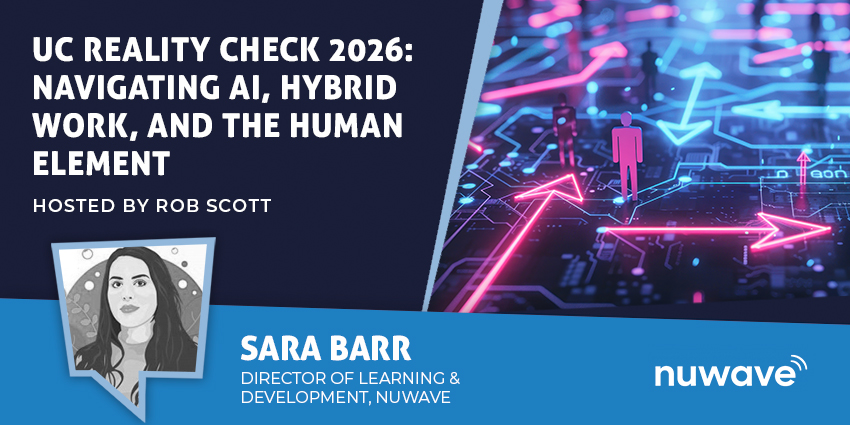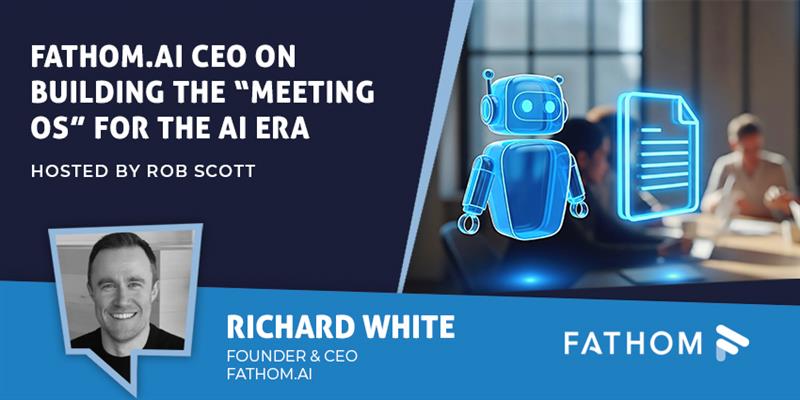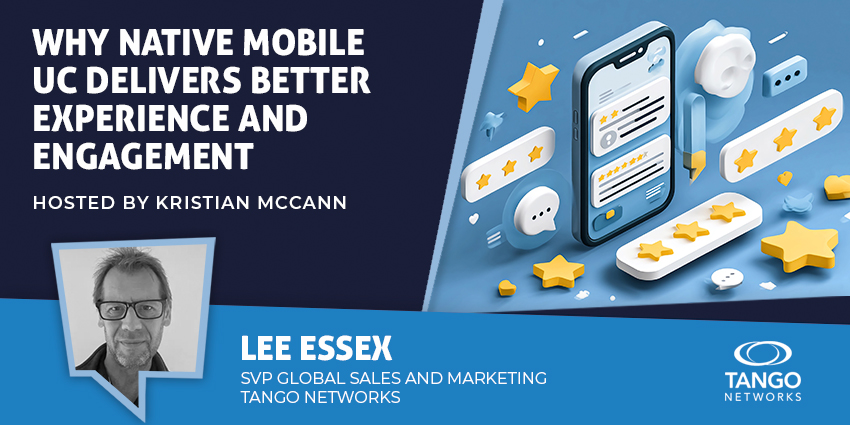Airlines are in an increasingly challenging situation. The industry operates on notoriously thin margins, with carriers constantly balancing operational costs against service quality. Yet customer expectations for seamless, responsive service have never been higher.
Passengers demand instant solutions when flights are delayed, immediate assistance with booking changes, and round-the-clock support across multiple languages and channels.
This has created the need for airlines to increase customer service capabilities, but few can easily afford to do so without eating into their profits or raising costs in a competitive market.
This creates an almost impossible equation: deliver premium customer service while maintaining the cost discipline necessary for survival in one of the world’s most competitive industries.
For some companies, AI has proven capabilities to a point where they are willing to offload this responsibility to AI.
However, as seen with some wide-scale AI chatbot implementations like Klarna’s, such a move has shown mixed results.
Yet Mexico’s biggest airline Volaris, in tandem with Verint, recently announced they achieved a 70% reduction in cost per interaction and handle 3x call volume in contact centers with Verint bots.
UC Today therefore spoke to Daniel Gelemovich, Digital & Marketing Director of Volaris to see how they, unlike others, have so far managed to make their AI chatbot implementation work.
The Crisis That Changed Everything
Airlines face operational challenges that few other industries can match. The unpredictable nature of aviation means that customer service teams must be prepared for sudden disruptions while maintaining quality across an incredibly complex network of touchpoints.
“Airlines face many unique challenges in customer care. Many changes—such as those caused by weather or unscheduled maintenance—happen with little notice, and customers are often under stress and in urgent need of clarity and resolution,” explains Gelemovich.
Beyond the immediate operational challenges, Volaris must deliver consistent service across multiple channels including chat, social media, traditional call centers, and face-to-face interactions spanning dozens of airports across eight different countries.
The COVID pandemic served as the ultimate test of these systems, revealing fundamental limitations that could no longer be ignored.
“Like many digital transformation stories, COVID drastically disrupted the status quo. As an airline, we sell flights up to 18 months in advance. When the pandemic hit, nearly all customers wanted to change their reservations at once,”
Gelemovich recalls.
No traditional call center infrastructure could handle 18 months of customer volume compressed into 48 hours.
This crisis became the catalyst for accelerating Volaris’s digital transformation plans.
Yet, with airlines facing reduced revenues from the pandemic and a plague of refund requests, increasing costs by adding more call center capacity would not be sustainable.
So, the airline recognized an opportunity to fundamentally reimagine how customer service could operate in the digital age, moving to what was internally known as “call center zero” vision.
Building the Partnership: Why Verint Won
When Volaris decided to pursue AI-powered customer service transformation, selecting the right technology partner became crucial. The airline chose Verint, a decision that would prove instrumental to their success.
Verint’s appeal lay in their unique positioning in the market. “We started working with Verint’s digital arm early on, even before it was acquired. They combined the strength of a leading customer service company with the agility and expertise of a startup focused on digital channels,” explains Gelemovich.
This hybrid approach—established enterprise credibility combined with innovative digital solutions—provided the agility Volaris needed for such an ambitious transformation.
The partnership went beyond simple technology provision. Verint’s team brought deep expertise in bridging traditional and digital customer service models, understanding both the operational realities of large-scale customer service and the potential of emerging AI technologies.
From the beginning, bots were integral to Volaris’s vision.
“Yes, bots were always a key part of our ‘call center zero’ vision and our plan to migrate service to digital channels,”
Gelemovich confirms.
However, Verint’s expertise in implementing these solutions, and their breadth of offerings, made the ambitious vision achievable.
Verint Bots are part of AI systems that are capable of performing a number of tasks around a contact center.
From Verint’s Voice and Digital Containment bots that can answer a huge range of customer queries across multiple industries and on multiple engagement channels, to a Verint bot engineered for a narrowly defined function like quality management.
Gelemovich explains how the technology company’s willingness to collaborate on creating new use cases demonstrated their commitment to Volaris’s long-term success rather than simply delivering a standard solution.
The Implementation Revolution
The technical implementation of Volaris’s AI-powered customer service centered around creating what the airline calls an “AI filter for agents.”
This sophisticated system represents a complete reimagining of how customer service interactions are processed and managed.
The system works by having AI summarize incoming messages, consult internal policy databases to ensure responses are current and accurate, suggest appropriate replies, and handle translations when needed. The impact on efficiency has been dramatic.
“What used to take 10 minutes—reading, translating, checking policies, drafting a reply—now takes seconds,” emphasizes Gelemovich.
This transformation wasn’t just about speed—it fundamentally changed the economics of customer service.
“In a traditional call center, an agent handles one call at a time. But in digital channels (social media, WhatsApp, FB Messenger), a chatbot can handle over 90% of frequent questions or even check passengers in. For more complex cases, AI-assisted agents can manage 4–5 conversations simultaneously,” explains Gelemovich.
The results have exceeded expectations across multiple metrics. Thanks to this, Volaris has achieved a 70% reduction in cost per interaction and handles 3x call volume in contact centers with Verint Bots.
Because of its successful use, the company’s containment rate has grown from initial levels of 50-60% to over 90% as the AI systems have become more sophisticated and capable of handling increasingly complex use cases like checking in and issuing boarding passes.
Perhaps most significantly, the implementation achieved what Gelemovich calls the “triple crown” of transformation: reduced costs, improved customer satisfaction, and increased revenue.
“Today, the revenue generated by the project covers its operational costs,”
Gelemovich says.
Yet unlike other AI chatbot rollouts, these savings did not come at the cost of customer satisfaction.
“There’s usually tension between customer satisfaction and cost control,” Gelemovich explained. “Typically, improving satisfaction means hiring more agents. This project broke that trade-off.”
The success of this implementation has generated recognition throughout the industry. Volaris’s transformation was a key factor in winning the 2023 Airline Strategy Award for Best Digital Airline—what Gelemovich describes as “the Oscars of the airline industry.”
Volaris: The Example for Airlines Using AI
As airlines worldwide grapple with the same fundamental challenge of delivering exceptional service while controlling costs, Volaris’s partnership with Verint provides a blueprint for how AI can be successfully implemented.
Their measured, strategic approach demonstrates that with the right technology partner and implementation strategy, the promise of AI-powered customer service can be fully realized, with benefits extending to both costs and customers.
While headlines are filled with AI chatbot implementations gone wrong, Volaris’s success with Verint demonstrates that the technology’s potential can be fully realized when deployed thoughtfully.







